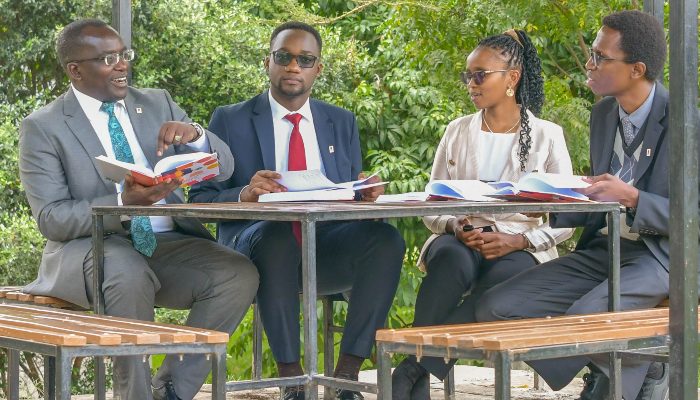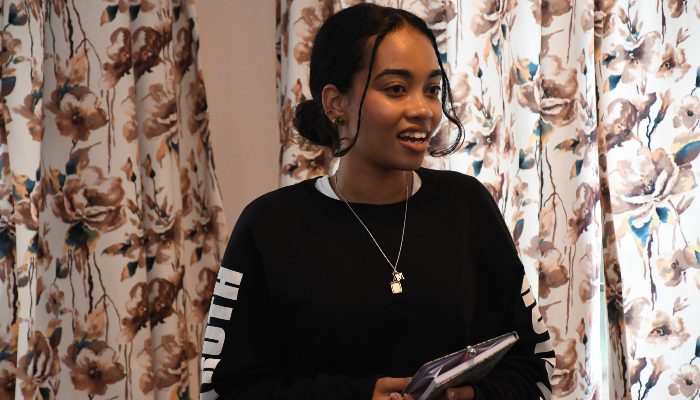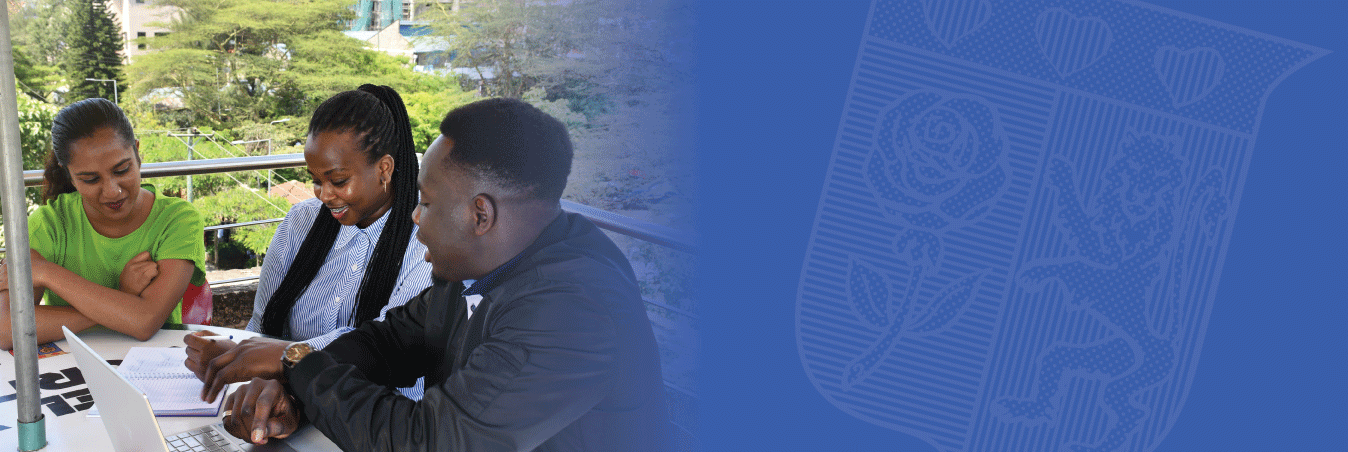It’s about our children and grandchildren…
Picture this:
It’s the year 2073… Your alarm goes off and you lazily wake up. Why would you wanna wake up anyway? The air is hot, heavy, and depending on the day, clogged with particulate pollution. Your eyes are always watery. Your neighbour avoids you because of concerns of contracting sicknesses. Remember 2020? The year of masks and fist bumps? Well, déjà vu hits hard. Now you have to wear a mask daily to protect yourself from air pollution. You can no longer walk out your front door and breathe fresh air: there is none. Instead, before opening doors or windows in the morning, you check your phone to see what the air quality will be. Everything might look fine— the weather looks sunny and clear— but you know better. When storms and heat waves overlap and cluster, the air pollution and intensified surface ozone levels make it dangerous to go outside without a specially designed face mask (which only some can afford).
Even the most skilled experts can’t control where the rain will fall, never mind that acid rain is deleterious to crops, wreaking havoc on food supply. As a result, crops are increasingly grown under cover to protect them from the weather, a trend that is likely to get more robust …
How does that sound?
Unfathomable huh?
And, that’s just one angle to the state of affairs.
What if anything you do now can and will contribute to either this dystopia or a sustainable utopia?
The most often quoted definition of sustainability comes from the UN World Commission on Environment and Development: “sustainable development is development that meets the needs of the present without compromising the ability of future generations to meet their own needs.”
Well, 2023 has definitely been a special year from the onset and the special community that is Strathmore is being steered into the future by an interesting theme: Sustainability- caring for people and planet.
Why does it matter to us?
The integration of environmental health, social equity and economic vitality in order to create thriving, healthy, diverse and resilient communities for this generation and generations to come is such an integral goal for us. However, in our pursuit, we must not forget to humanise it, you know… caring for one another in order to achieve our goals together. The practice of sustainability recognizes the interconnected nature of these issues and necessitates an approach that encompasses systems thinking and an acknowledgement of their complexity.
Sustainable practices support ecological, human, and economic health and vitality. The foundation of sustainability, therefore, lies in the understanding that resources are finite, and should be used conservatively and wisely, considering long-term priorities and consequences of poor resources utilisation. In simplest terms, sustainability is about the world we will leave our children and grandchildren.
Do well by doing good
The overlap between social and environmental progress and financial gain is the shared value opportunity. In other words, “doing good” can have a direct impact on an institution’s ability to “do well.” It is safe to say Strathmore nurtures goodness.
“Strathmore does something unique – community based learning. What is more important than being a good professional? Being a good human being!” – Prof. Izael Da Silva
Strathmore University recently hosted the annual Vice Chancellor’s conference,themed: Sustainability, an all too familiar word to everyone at the University. This year’s conference brought together academics, business leaders, sustainability experts, researchers, outreach champions, students, and policymakers, to discuss the latest trends and strategies in sustainable development. The conference was a platform for discussing issues related to sustainability, such as the purpose, climate change, energy efficiency, environmental conservation, and the impact of our actions.
“This year’s VC Conference displays the commitment of Strathmore in advocating for responsible sustainable development.” – Fr. Silvano Ochuodho, Pro-Chancellor
The keynote speaker, Karen Basiye, the Director- Sustainable Business and Social Impact at Safaricom PLC highlighted some of the lessons learnt in her’s and her institution’s sustainability journey:
“You must start with purpose. You must start with sustainability. Management needs to weigh in and lead from the front. When the top says ‘we’re going for sustainability’, everyone else aligns. The tone at the top is very very important to put sustainability at the heart of the journey. It is important to carry other people along, otherwise you’ll be the mad person dancing in the market.”
The panel discussions were engaging and informative, allowing participants to delve deeper into various topics related to sustainability.
One of the key takeaways from the conference was the importance of taking individual initiative to achieve sustainable development goals. While Dr. Alfred Kitawi reiterated on taking impactful simple steps in one’s capacity, however small, he also gave impassioned action points, stating that, “Education is made to empower the youth. Learning about #sustainability cannot begin at university level. It must begin at ECD level all the way through primary and high school.”
“To plant a tree and not look after it like a child as it grows is bure kabisa!” Dr. Jim McFie
It was clear that all stakeholders, including management, faculty, staff, and students, have a role to play in advancing sustainable development. Dr. Vincent Ogutu, the Vice Chancellor, Strathmore University, challenged everyone in the Strathmore family to adopt at least one SDG, run with it, and committedly ensure its achievement. Indeed, everyone plays the role of a sustainability champion for a great Strathmore future… #BecauseWeCare!
Another notable theme from the conference was the need for innovative solutions to tackle sustainability challenges. This includes leveraging technology, such as renewable energy, to address issues like climate change and reduce carbon emissions. It also involves finding creative ways to reduce waste and conserve natural resources. The university is already making notable strides with this, having recently implemented a zero- plastics policy. Have you broken the new water glasses yet? Or ordered food in the new takeaway food dish? If you have, you have to admit they’re kinda cool!
Overall, the Vice Chancellor’s conference was by a great mile hugely successful, with participants leaving with a deeper understanding of the challenges and opportunities related to sustainable development not only in the University, but also for the planet- our common home. The conference was a valuable platform for sharing knowledge and ideas, and most definitely sparked and inspired future collaborations and initiatives in this critical field.
“This is not just a theme for this year… it’s a challenge and inspiration for the initiatives we will all take part in to ensure a sustainable Strathmore.” – Dr. Vincent Ogutu, Vice Chancellor
If not us, then who?
If not now, then when?
What is your contribution to a sustainable future?
This article was written by Francis Kabutu.
What’s your story? We’d like to hear it. Contact us via communications@strathmore.edu
What’s your story? We’d like to hear it. Contact us via communications@strathmore.edu
ALSO CHECK OUT
See more news-

Embracing Sustainability in Mental Health* 04,Apr,2024
We have inherited a world that was once cared for, at least
-

Book review – Hop, Skip and Jump* 03,Apr,2024
“I am thirteen years old. But war knows nothing about age because
-

CELEBRATING THE CONTRIBUTIONS OF FORESTS IN BIODIVERSITY* 03,Apr,2024
Wherever there is a tree, there is freshness. As the globe marked
-

World Autism Day – 2nd April 2024* 02,Apr,2024
As we commemorate World Autism Day 2024, we must reflect on the
-

Strathmore is back in Kenya’s Top flight Chess League* 28,Mar,2024
In a riveting display of skill, the Strathmore University chess team has
-

Competency and Sustainability in the University Classroom* 27,Mar,2024
“I will be a hummingbird; I will do the best I can”
-

Strathmore University’s Contribution to Global Higher Education Discourse* 27,Mar,2024
A team of four authors from Strathmore University collaborated to write a
-

What is love if not the act of freely and cheerfully giving?* 26,Mar,2024
We have all heard of the famous verse that goes, ‘humble yourself
-

Crafting Legends, One Case at a Time!* 26,Mar,2024
Rukhsar Munir’s speech at the SLS #ClassOf2018 Reunion on March 2, 2024,
-

Empowerment begins when silence ends* 26,Mar,2024
Imagine, if you will, a spark in the darkness, not just any

